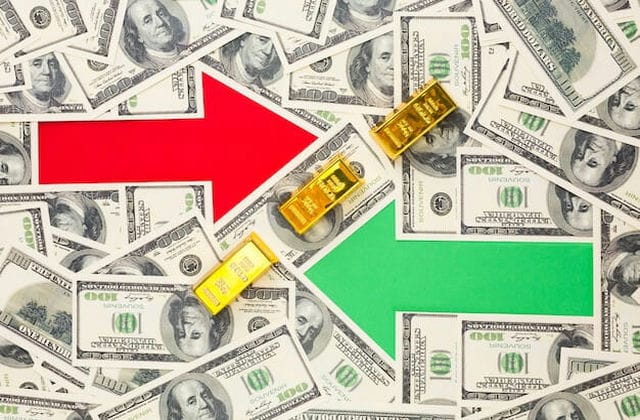A directed share issue is a non-public offering of shares by a listed company to a small number of qualified and specific investors. Listed companies are generally directed to issue additional shares for reasons such as investment in new projects, mergers and acquisitions, and restructuring. After the directed issue, it can bring revenue to the listed company, i.e., expand the options for investors and increase the possibility of its share price increase.

1, what is the meaning of stock directed issuance
Directed issue of shares is a financing method for listed companies to raise funds by issuing shares to specific investors (major shareholders or institutional investors). Directed issue includes cash, non-cash assets (including equity), debt and other asset subscriptions.
Directed issue is only a way for listed companies to raise funds, and it does not have much influence on the rise or fall of stocks. The rise or fall of stocks is determined by various factors, such as: supply and demand, amount of funds, performance, policies, news, etc.
The benefits of a directed issue.
(i) Increases the operating capital of the listed company, which can bring considerable benefits if the operation is better.
(ii) Expands the investment options for investors.
Disadvantages of Directed Issue.
(i) Dilution of performance per share after conversion of the tranches.
(ii) The share capital will increase after the conversion of convertible bonds while participating in the distribution of benefits will also increase.
2, Is a directed stock issue good or bad
The issuance of targeted shares has obvious advantages for listed companies. By injecting high-quality assets and integrating upstream and downstream companies, the listed company can immediately achieve performance growth; it can also introduce strategic investors and lay a solid foundation for the long-term development of the company. Therefore, for the shareholders in circulation, the directional increase should be favorable.
3, Will the share price rise before the fixed increase?
It is not certain whether the share price will rise before the fixed increase. Before the stock is fixed, if there are funds want to suppress the fixed price, perhaps the stock will be difficult to rise. However, if the market conditions are particularly good, it will be difficult to stop the share price from rising.

The use of funds for stock fixing has a certain influence on the share price. If the funds raised by the fixing can bring revenue to the listed company, then the probability of the fixing plan being approved is greater. Although the fixed increase hurts the interests of old shareholders to a certain extent, it is beneficial to all shareholders if the fixed increase can bring greater benefits.
A fixed issue of shares is a form of issuance, also known as a non-public issue, which means that when a listed company issues additional shares, the issue is targeted at specific investors.





























